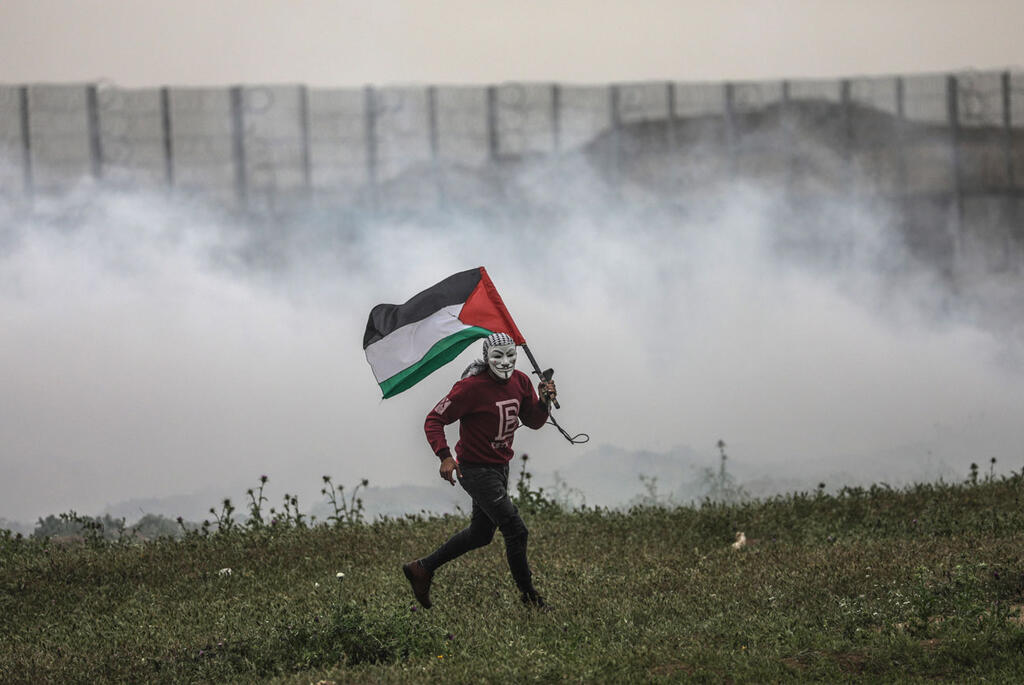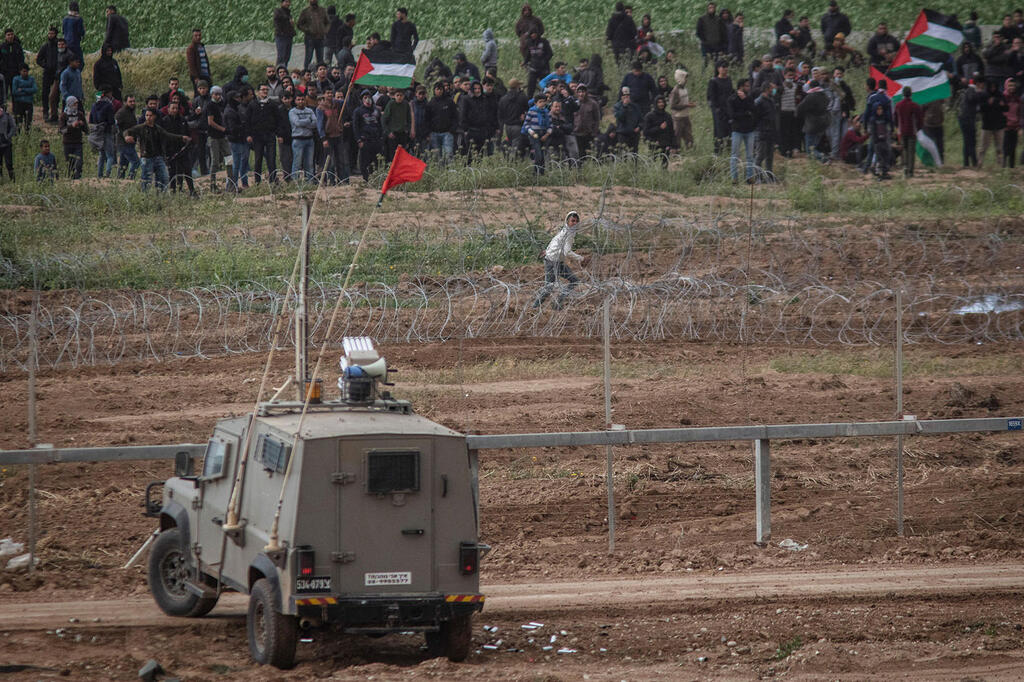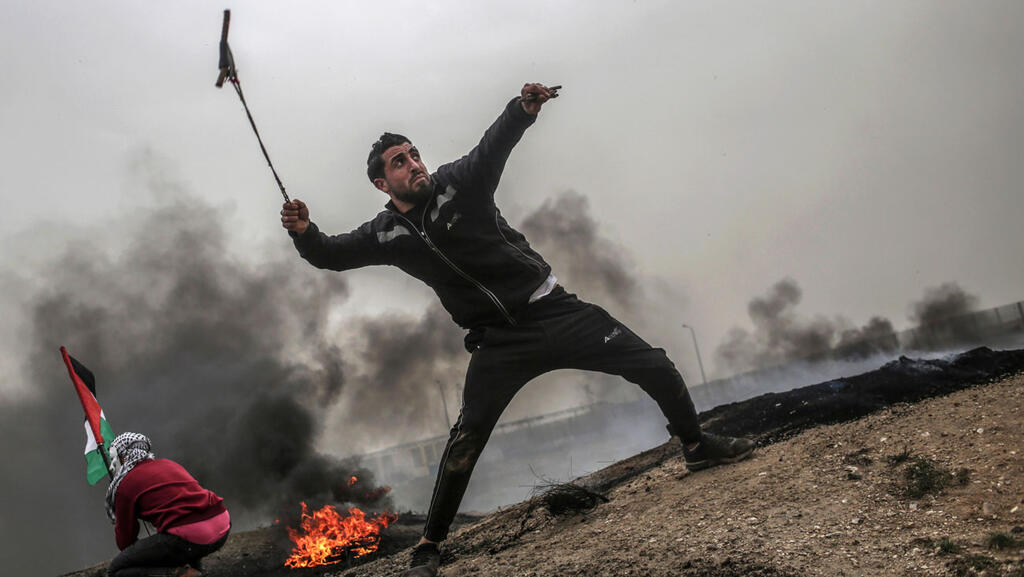Before the Muslim faith’s holiest month of Ramadan, Palestinians worldwide observe Land Day on March 30.
The day of commemoration dates back to 1976, when Arabs in northern Israel protested in response to the Israeli government’s plan to expropriate thousands of acres of Arab-owned land. Demonstrations led to clashes with Israeli authorities, resulting in the deaths of six Arabs, roughly 100 others wounded, and hundreds more arrested.
Land Day marks a pivotal event in the struggle over land between Arab citizens and the State of Israel.
This year, with the Jewish Passover holiday coinciding with the Muslim month of Ramadan and the Christian Easter, along with the spate of terror attacks already escalating tensions, Israeli authorities were on their highest alert for what was yet to come.
Background
Between 1920 and 1948 - before the establishment of the state of Israel - Arabs were mostly agrarian, living off the land.
Following the 1948 Arab-Israeli War, land remained crucial for hundreds of thousands of Palestinian Arabs who remained inside the Jewish state.
After the Law of Return was adopted in 1950 to facilitate Jewish immigration to Israel, much of the Arab-owned land was allocated to Jews.
By 2001, it is estimated that more than 390 square miles of land were expropriated from Arabs between 1948 and 2003.
5 View gallery


An incendiary cluster of balloons sent to Israel from Gaza during Land Day, 2019
(Photo: AFP)
Catalyzing Events
In early 1976, Israel declared its intention to seize nearly 5,000 acres of land in the northern Galilee region for state-use, 1,500 acres of which were Arab-owned.
Nayef Hawatmeh, the leader of the Democratic Front for the Liberation of Palestine at the time, said the move was a way to establish a Jewish majority in the area.
Others suggest that the land was meant for security purposes - military training camps, for example - as well as to build Jewish settlements.
5 View gallery


Clashes between Palestinian protesters and Israeli security forces near the Gaza Fence, Land Day, 2019
(Photo: EPA)
1976 Protests
As part of the Galilee Development Plan, Israel decided in March 1976, to confiscate the land of several northern villages - Sakhnin, Arraba, Deir Hanna, Tur’an, Tamra, and Kabul.
Local Arab leaders responded by calling for a day of strikes and marches on March 30.
Despite warnings from Israeli authorities, the protests took place throughout Arab towns in Israel, from the Galilee in the north to the Negev in the south.
Six people were killed by Israeli soldiers and police officers, and hundreds of others were wounded on both sides,
Solidarity strikes were also held simultaneously in the West Bank, Gaza Strip, and in Palestinian refugee camps in Lebanon.
Impact
The protests did little to stop the land expropriations.
By 1981, there were 26 Jewish settlements in the area and 1988 that number rose to 52.
However, the Land Day events instilled a new sense of national pride among the Arab community in Israel.
Arabs also realized a stronger presence in Israeli politics following Land Day, and civil society began coordinating protests more often.
Large-scale expropriations of land in the Galilee have generally been avoided by Israeli governments since the 1980s.
Legacy
Today, Land Day serves as a day for the expression of political dissatisfaction for Arab-Israelis and Palestinians.
In 1988, it was declared a “Palestinian-Israeli civil national day of commemoration and a day of unity with Palestinians of the West Bank and Gaza.”
While the day is observed by Palestinians in the West Bank, Gaza, east Jerusalem, and the Palestinian diaspora worldwide, many have realized that the Arab population in Israel seems less enthusiastic about the protests.
Republished with permission from i24NEWS




